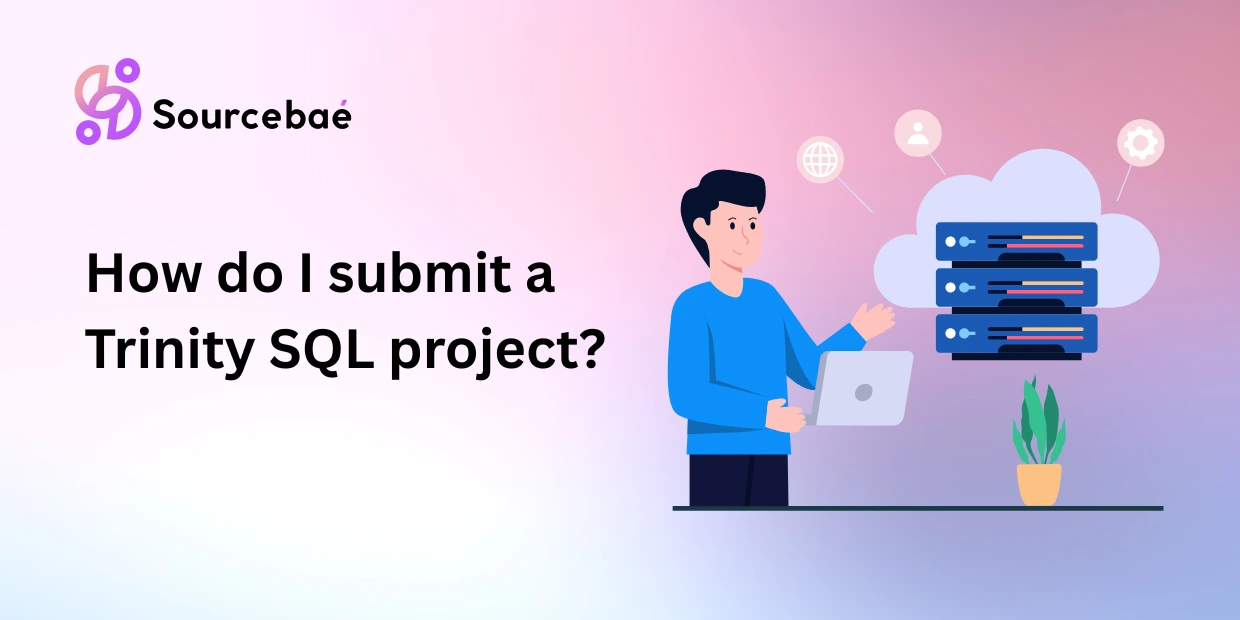Are you looking to submit a Trinity SQL project but not sure where to start? You’ve come to the right place! Submitting a Trinity SQL project can be a straightforward process when you have the right guidance. In this comprehensive guide, we will walk you through each step, ensuring a smooth submission process. So, let’s dive right in!
Before we delve into the submission process, it’s crucial to have a clear understanding of Trinity SQL projects. Trinity is a powerful SQL framework that allows you to work with structured query language in a collaborative and efficient manner. SQL projects in Trinity are designed to help you manage, develop, and execute SQL queries seamlessly.
Getting Started
1. Accessing Trinity Platform
To submit your Trinity SQL project, you need access to the Trinity platform. Ensure you have the necessary login credentials. If you’re new to Trinity, you may need to sign up and create an account.
2. Create Your SQL Project
Once logged in, start by creating your SQL project. Give it a descriptive name that reflects the project’s purpose. This will make it easier to manage and locate your project in the future.
3. Adding SQL Code
Under your project, you can add SQL code. This is where you’ll write, test, and refine your SQL queries. Trinity provides a user-friendly interface for coding, making it accessible to both beginners and experienced SQL users.
Writing Your SQL Queries
4. Structuring Your Queries
When working on your Trinity SQL project, it’s essential to structure your queries logically. Use proper formatting and comments to make your code understandable to others who may collaborate on the project.
5. Testing Your Queries
Before submission, thoroughly test your SQL queries within Trinity. Ensure they return the desired results and handle potential errors gracefully.
Collaborative Features
6. Collaboration
Trinity offers collaborative features, allowing multiple users to work on the same SQL project simultaneously. This promotes teamwork and ensures that your project benefits from collective expertise.
7. Version Control
One of Trinity’s standout features is version control. You can track changes, revert to previous versions, and maintain a history of your project’s development.
Submission
8. Review Your Project
Before submission, review your Trinity SQL project carefully. Check for any errors or issues that need to be addressed.
9. Submit Your Project
Once you’re satisfied with your project, it’s time to submit it. Trinity provides a straightforward submission process, allowing you to upload your project with ease.
Frequently Asked Questions (FAQs)
How long does it take to learn Trinity SQL?
Learning Trinity SQL largely depends on your prior experience with SQL and database management. If you’re already familiar with SQL, you can get started with Trinity relatively quickly. For beginners, it may take a few weeks of dedicated learning to become proficient.
Can I collaborate with others on my Trinity SQL project?
Absolutely! Trinity offers robust collaboration features, making it easy for multiple users to work on the same project simultaneously. This enhances productivity and encourages knowledge sharing.
Is Trinity SQL suitable for large-scale projects?
Yes, Trinity SQL is suitable for projects of all sizes. Its scalability and performance make it a versatile choice for both small tasks and large-scale database management.
What are the advantages of using Trinity SQL over traditional SQL platforms?
Trinity SQL offers several advantages, including real-time collaboration, version control, and an intuitive user interface. These features streamline SQL project management and enhance productivity.
Can I export my Trinity SQL project for backup?
Yes, Trinity allows you to export your SQL project for backup purposes. This ensures that your work is safely stored and can be restored if needed.
Is Trinity SQL a paid service?
Trinity SQL offers both free and premium plans. The free plan provides essential features, while the premium plans offer advanced capabilities and additional storage.
Conclusion
Submitting a Trinity SQL project is a straightforward process when you follow the steps outlined in this guide. Whether you’re a seasoned SQL developer or just starting, Trinity’s user-friendly platform and collaborative features make it an excellent choice for managing your SQL projects.
Remember to review your project thoroughly before submission, and don’t hesitate to take advantage of Trinity’s collaborative tools to enhance your SQL development experience.
Now that you have the knowledge to submit your Trinity SQL project with confidence, go ahead and start working on your next database masterpiece!
READ MORE: Best Tool to Measure Maintainability of a Project: A Comprehensive Guide






